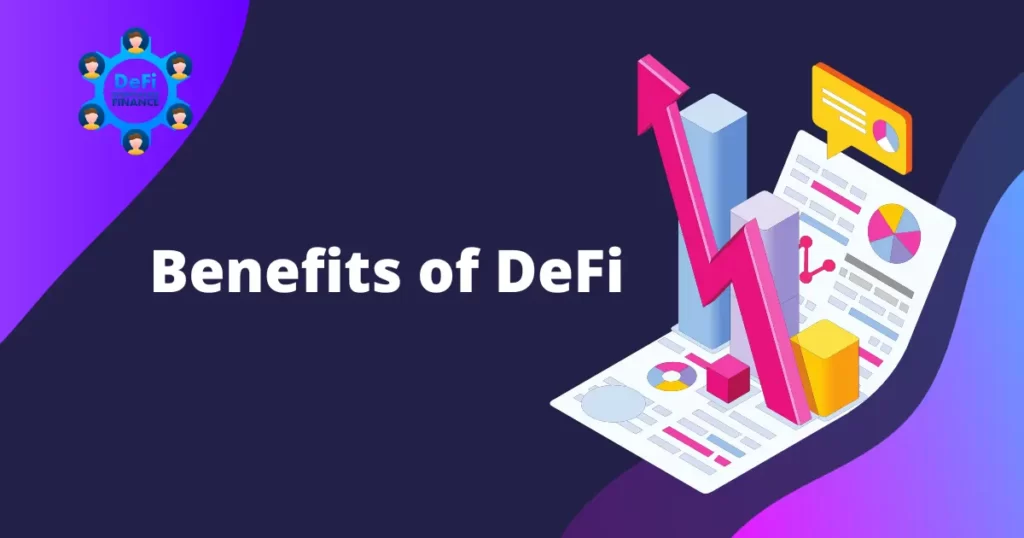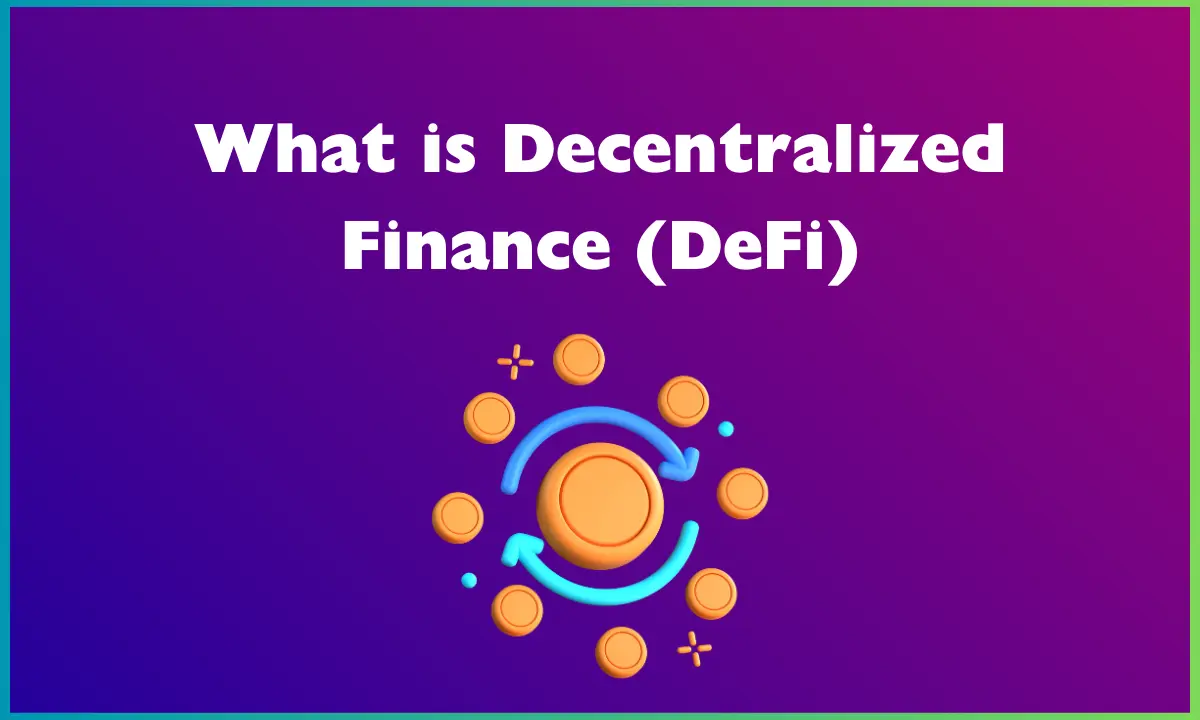In the realm of cryptocurrency, the term “DeFi” has gained significant traction, representing a transformative shift in the way financial services are conducted. Decentralized finance, often abbreviated as DeFi, aims to revolutionize traditional finance by leveraging the power of blockchain technology to eliminate intermediaries and enable peer-to-peer financial interactions.
The Essence of DeFi
At its core, DeFi embodies a decentralized approach to finance, eliminating the need for centralized institutions like banks and brokerages. Instead, DeFi applications, commonly known as dApps, utilize smart contracts, self-executing contracts deployed on blockchains, to automate financial transactions and agreements.
Key Characteristics of DeFi
Several key characteristics define the DeFi ecosystem:
- Decentralization: DeFi applications operate on public blockchains, fostering transparency and eliminating the need for intermediaries.
- Openness: DeFi protocols are open-source, allowing for community participation and innovation.
- Accessibility: DeFi services are accessible to anyone with an internet connection, promoting financial inclusion.
Core DeFi Applications
The DeFi landscape encompasses a diverse range of applications, including:
- Lending and borrowing: Users can lend their cryptocurrency assets to earn interest or borrow funds against their holdings.
- Decentralized exchanges (DEXs): DEXs enable peer-to-peer trading of cryptocurrency assets, eliminating the need for centralized exchanges.
- Stablecoins: Stablecoins are cryptocurrency pegged to real-world assets, providing stability and reducing volatility.
- Yield farming: Users can optimize their returns by strategically depositing and lending their assets across DeFi protocols.
Benefits of DeFi

DeFi offers several potential benefits over traditional finance:
- Increased accessibility: DeFi services are open to anyone, regardless of their location or financial status.
- Reduced costs: DeFi applications typically have lower fees compared to traditional financial services.
- Enhanced transparency: Blockchain technology ensures transparency and traceability of transactions.
- Greater control: Users maintain control over their private keys and assets, fostering financial sovereignty.
Challenges and Considerations
Despite its promise, DeFi faces certain challenges and considerations:
- Regulatory uncertainty: The regulatory landscape surrounding DeFi is still evolving, posing potential risks.
- Vulnerability to hacks and exploits: DeFi protocols are not immune to security breaches, which can result in financial losses.
- Complexity: Understanding the intricacies of DeFi protocols can be challenging for newcomers.
The Future of DeFi
DeFi is still in its nascent stages, but its potential to revolutionize finance is undeniable. As the ecosystem matures and adoption increases, DeFi has the potential to democratize finance, making financial services more accessible, transparent, and efficient for all.
DeFi’s Potential to Revolutionize Finance
The emergence of DeFi has sparked a paradigm shift in the financial landscape, challenging the traditional dominance of centralized institutions. By leveraging the power of blockchain technology, DeFi offers a decentralized and transparent alternative to traditional financial services, empowering individuals to take control of their finances.
DeFi’s potential impact extends beyond mere financial transactions. It holds the promise of fostering financial inclusion, particularly in underserved communities where access to traditional banking services is limited. Moreover, DeFi has the potential to revolutionize the way we interact with financial markets, enabling new forms of investment and wealth management.
As DeFi continues to evolve, its impact on the financial landscape is likely to become even more profound. As more individuals and institutions embrace DeFi, we can expect to see a more inclusive, transparent, and efficient financial ecosystem emerge, one that empowers individuals to take control of their financial destinies.
